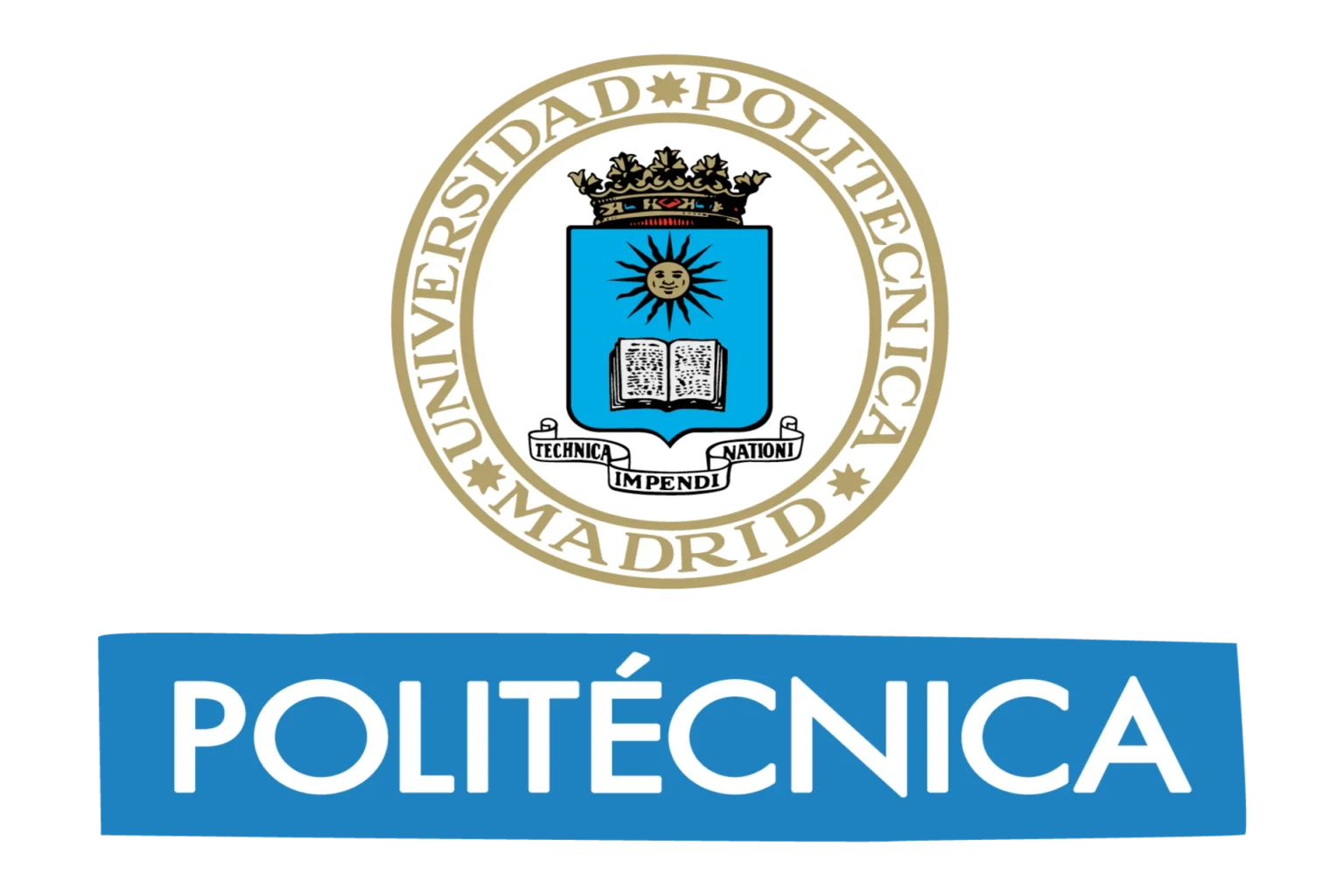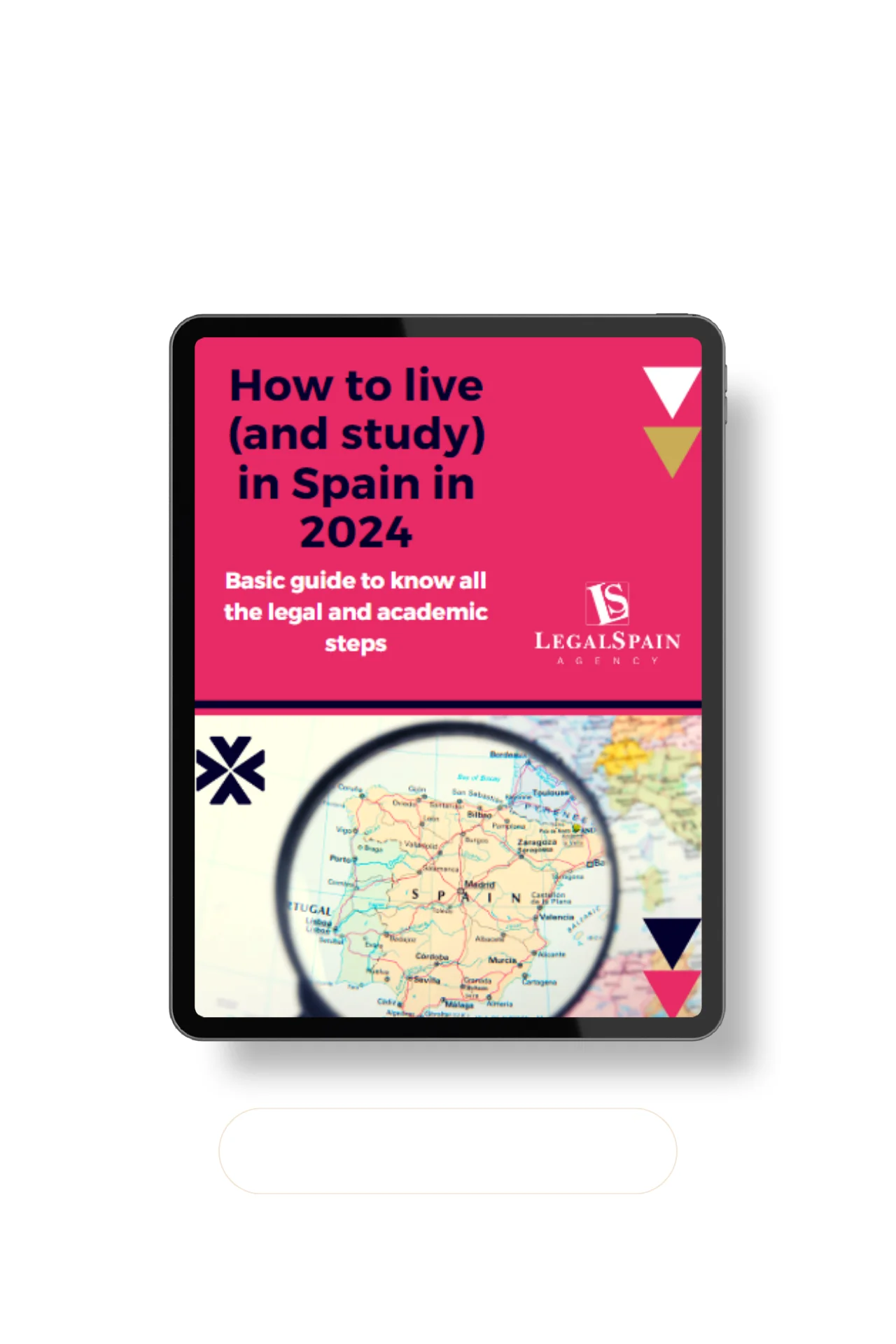Information Polytechnic University of Catalonia (UPC)
The Polytechnic University of Catalonia (UPC) is a Spanish public university of the Generalitat of Catalonia, specialized in the fields of engineering, architecture and science, and is the public university for research and higher education in these fields. It was founded in 1971 as the Polytechnic University of Barcelona, and changed its name to the current one in 1984. The UPC is a public institution for research and higher education in the fields of architecture, engineering, science and technology. In this post, you will find information about the Polytechnic University of Catalonia.
The UPC has around 30,000 undergraduate, postgraduate and doctorate students, a teaching and research staff of around 3,500 people and an administration and services staff of around 1,500 people. In addition, the university collaborates with a wide network of companies and organizations to carry out research, development and innovation projects in various areas. With a diverse and talented student community, and an excellent faculty, the UPC is a benchmark in education and research at a national and international level.
As regards its language policy, the UPC has a policy for the use of Catalan, which is reflected in the Language Normalization Plan. This implies that Catalan is the preferred language of the UPC, and its use is encouraged in all academic and administrative areas.
History
The Polytechnic University of Catalonia (UPC) was established in March 1971 as an evolution of the Polytechnic University of Barcelona. Since then, it has experienced considerable growth in terms of the educational offer and the integration of schools and institutes in Catalonia. In 1972, the technical schools of Terrassa, Manresa, Vilanova i la Geltrú, Girona and Lleida were incorporated. Years later, in 1976, the Barcelona Faculty of Informatics was created, and in 1990, the Barcelona Nautical Faculty.
In 1992, the UPC expanded its study programs with the creation of the Faculty of Mathematics and Statistics. Over the years, technology centers have been established in Vilanova i la Geltrú and Manresa, and development cooperation programs have been created in collaboration with local and international institutions and companies.
The UPC has awarded honorary doctorate degrees to outstanding professionals and academics over the years. Among them, it is worth noting Amadou-Mahtar M’Bow (1987), Peter F. Drucker (1990), José Antonio Torroja Cavanillas (1984) and Federico Mayor Zaragoza (2000). In addition, the university has promoted research and the dissemination of knowledge through the creation of Ediciones UPC and the Polytechnic Foundation of Catalonia (currently Fundació UPC).
Innovation at the UPC
The Polytechnic University of Catalonia stands out for its commitment to innovation, and is recognized for its ability to generate knowledge and transfer it to the productive fabric with the aim of increasing its capacity for innovation and competitiveness.
The UPC is a leader in applied for and exploited patents, and has research centers and laboratories to support innovation. It´s also committed to entrepreneurship and technology transfer, and has created its own Innovation and Technology Center (CIT UPC) to capitalize on research and create value.
In addition, it has been selected to be part of innovation programs such as CIMTI’s #ProgramaImpacte, and it also offers calls for scholarships for biomedical innovation through its CaixaImpulse Innovació program.
Contact details
The contact details of the UPC are:
- Phone number: +34 93 401 62 00
- Website: https://www.upc.edu/es
- Email: ctt.info@upc.edu
- Address: Carrer de Jordi Girona, 31, 08034 Barcelona
- Video presentation
- Maps
Scholarships at the UPC
The Polytechnic University of Catalonia has a scholarship system that you can consult at this link.
Frequently asked questions about the Polytechnic University of Catalonia
1. What courses are offered at the Polytechnic University of Catalonia?
The Polytechnic University of Catalonia offers a wide variety of careers in different areas such as engineering, architecture, technology, health sciences, social sciences and humanities. Some examples of majors are computer engineering, architecture, industrial design, biotechnology, economics, and law.
2. What are the accommodation options for students at the Polytechnic University of Catalonia?
The Polytechnic University of Catalonia offers various accommodation options for students, including university residences, shared apartments and private rooms in host families. Students can also search for accommodation on the private rental market.
3. What are the employment opportunities for graduates of the Polytechnic University of Catalonia?
Graduates of the Polytechnic University of Catalonia have access to numerous employment opportunities in different sectors and companies both in Spain and abroad. The university has a network of partner companies that offer internships and jobs to students and graduates. In addition, the university has career guidance and employability services to help students plan their professional career.
Conclusion
The UPC is a public institution of reference in research and higher education in Spain and internationally. With a wide range of study programs in the fields of engineering, architecture, science and technology, the UPC prepares students for the challenges of the future and fosters their entrepreneurial spirit. In addition, research and development are fundamental pillars of the UPC, which works on innovative projects in collaboration with leading companies and organizations. UPC is a leading European engineering, architecture and science university and is committed to excellence, innovation and sustainable development.





